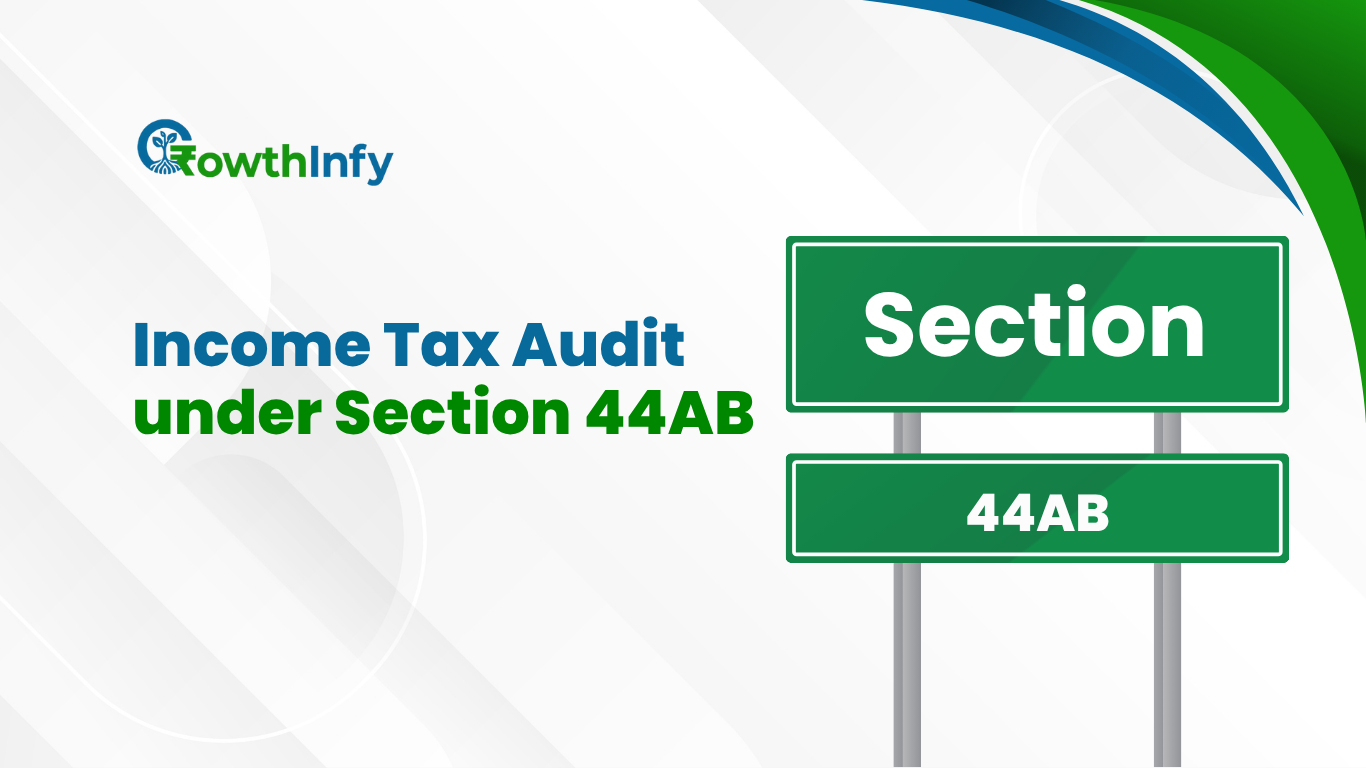Tax on Cryptocurrency in India: A Comprehensive Guide for 2025
Cryptocurrency has exploded onto the financial scene in many countries around the world, and India is no different. Cryptocurrency investment and trading continue to see increased adoption, with people trading digital assets like Bitcoin, Ethereum and NFTs. It is important for investors and traders to understand the tax on cryptocurrency in India. After Union Budget 2022, India now classifies cryptocurrencies under the term Virtual Digital Assets (VDAs) and a structure has been released by the Government of India of how they will apply tax to cryptocurrency. The following article acts as a complete guide on cryptocurrency in India, tax rates, compliance and how to pay tax on cryptocurrency in India.
Understanding Cryptocurrency Taxation in India
Cryptocurrencies are taxed in India under the Income Tax Act, specifically under Section 115BBH, which was introduced in 2022. Under this legislation, the tax treatment for a transfer of VDAs, which includes selling, swapping, or spending cryptocurrencies, is taxed at a flat rate of 30% on profits made from such transactions. This tax rate applies regardless of the holding period. A 1% Tax Deducted at Source (TDS) charge will apply for transactions greater than ₹10,000 in the financial year (or ₹50,000 for specified persons). For these reasons, India has established one of the strictest approaches to the taxation of cryptocurrencies in the world.
Additionally, taxpayers also are subject to a 4% health and education cess, and any relevant surcharges on the 30%. Also, it is worth noting that registered persons cannot offset losses or “set off” losses from cryptocurrency transactions against gains made in respect of other VDAs or as an offset of income made from any other source, and they cannot roll forward their losses to a future assessment year. This lack of loss set off is why careful tax planning is critical for cryptocurrency investors.
Taxable Crypto Transactions in India
Several crypto-related activities are taxable in India. These include:
- Selling cryptocurrency for fiat (e.g. INR): The profits from the sale are taxed at 30%
- Crypto-to-crypto trading: When you trade one cryptocurrency into another, you will pay 30% tax on your profits.
- Spending cryptocurrency: When you spend cryptocurrency to buy a product\service, this is considered a taxable event.
- Gifting cryptocurrency: Gift over ₹50,000 from a non-relative will be taxed as ‘Income from other sources’ at the slab rate applicable to the recipient.
- Airdpods and staking rewards: Taxed at 30% based on fair market value when received.
For example, when you buy 1 Bitcoin for ₹20 lakh and then sell it for ₹30 lakh, your profit of ₹10 lakh would be taxed at 30%, resulting in ₹3 lakh in taxed obligations, plus cess.

How to Pay Tax on Cryptocurrency in India
Paying taxes on cryptocurrency in India involves accurate record-keeping and filing the correct Income Tax Return (ITR) form. Here’s a step-by-step guide:
- Keep track of all your transactions : It’s a good practice to maintain linked records of your crypto transactions, including buy/sell prices, buy/sell dates, and the wallet addresses involved. You can use tools like Koinly or KoinX to automate this process for you.
- Ensure that you calculate your gains correctly: For sale transactions, calculate Profit as Sale Price – Cost of Acquisition. The only deductible expense is the Cost of Acquisition. Expenses such as transaction fees or the cost of electricity cannot be deducted.
- Ensure that you use the correct ITR form: Use ITR-2 for capital gains if you are a retail investor buying and selling cryptos or use ITR-3 if crypto trading is your business income. Report your gains in Schedule VDA.
- Confirm if TDS was deducted: In India, TDS of 1% is deducted on crypto transactions above a given threshold. Ensure that if TDS was deducted, the details for Form 26AS include the correct amounts so that you can claim it as a tax credit. If you have been trading on foreign exchanges or through P2P exchanges, there is no TDS. You should deduct TDS of 1% on the capital gains you have made in your records, and deposit the amount to TDS using Form 26Q/26QE.
- Ensure that you file your ITR by the deadline: The deadline for FY 2025-26 (AY 2026-27) is usually July 31, 2026. I suggest you file before the deadline as there are many penalties and interest associated with late filing.
Using crypto tax calculators helps in a big way. These tax calculators will collate your crypto buy/sell transactions across all exchanges and wallets to generate automated capital gains reports to file your ITR.
For additional ideas and information on financial planning and tax compliance, revisit our latest guide on Top Tax-Saving Investment Options Under Section 80C
Mining Cryptocurrency in India: Tax Implications
Mining cryptocurrency involves validating transactions on blockchain to earn rewards. The tax treatment for mining cryptocurrency in India has different implications based on the extent of mining undertaken by the taxpayer:
- Large-scale mining: This is treated as income of a business, will be taxed at slab rates, and the taxpayer can claim deductions for equipment and electricity expenses.
- Hobby mining: Taxed as Income from Other Sources at 30%, and the taxpayer cannot claim any deductions.
The tax treatment when a mined cryptocurrency is sold is that the cost of acquisition is deemed nil. All proceeds of the sale are deemed taxable at the highest slab rate (30%). As an example, if a taxpayer mines 0.1 bitcoin (valued at ₹2 lakh) and sells that for ₹3 lakh, he/she will report a taxable gain of ₹1 lakh at 30% equals ₹30,000.

Staking and Other Crypto Income
Staking means locking cryptocurrencies to help with blockchain operations and receiving rewards. Staking rewards are taxed at 30% based on the fair market value when they are received. If an individual sells staking coins later, they will have to pay a 30% capital gains tax on the amount of profit made. Likewise, airdrops are taxed at 30% for their market value, however, there would be no tax if it was received from a relative or received below the threshold value of ₹50,000.
Challenges and Industry Concerns
India’s crypto tax has been criticized by a number of trade association representatives because of the high tax rates and compliance costs. Hypothetically speaking, if there is a 1% TDS on every crypto transaction whenever it is above ₹10,000 the liquidity of the investment becomes limited, especially for those who just trade on occasion. The Director of Crypto and Blockchain at CoinSwitch, Balaji Srihari, noted that it would be very beneficial to the industry to reduce TDS rates to 0.01% and increase the threshold of ₹5 lakh in order to relieve some of the burdens placed on smaller investors.
In addition to that, the inability to offset losses encourages the users not to participate in active trading. It is worth mentioning that on X, users also post complaints that the 30% tax, 1% TDS, and the proposed GST of 18% on trading fees make it difficult for India to be competitive with other crypto startups.
For additional strategies on tax optimization, check out Growthinfy’s blog on tax-saving tips.
Conclusion
Understanding the tax on cryptocurrency in India is an important piece of information for investors and traders. There is a flat tax of 30%, a 1% TDS, and there is no loss set off. Reporting is absolutely not optional. Be the keeper of your own records, selecting the correct ITR form and using tax tools could be helpful when calculating your tax liability. Stay educated, build a plan, and speak to professionals to ensure you get the most favorable returns while compliant.





I am actually glad to read this web site posts which
contains plenty of useful facts, thanks for providing these data.
Thank you for your kind words! We’re glad you found the information helpful. Your feedback motivates us to do even better. Stay connected for more updates and insights!
Your method of describing all in this piece of writing is truly nice, all be capable of without difficulty be aware of it, Thanks a lot.
Thank you so much for your appreciation! We’re happy to know that the information was clear and helpful.